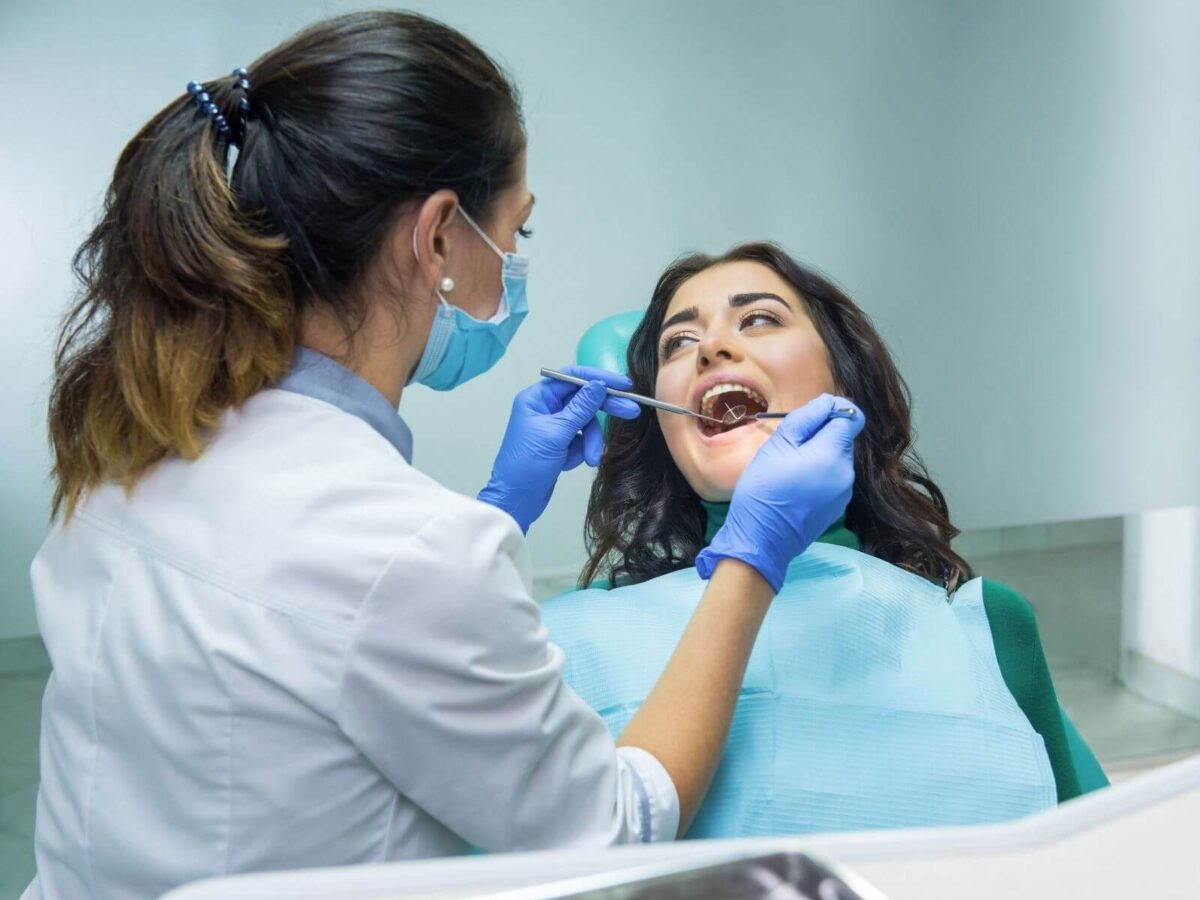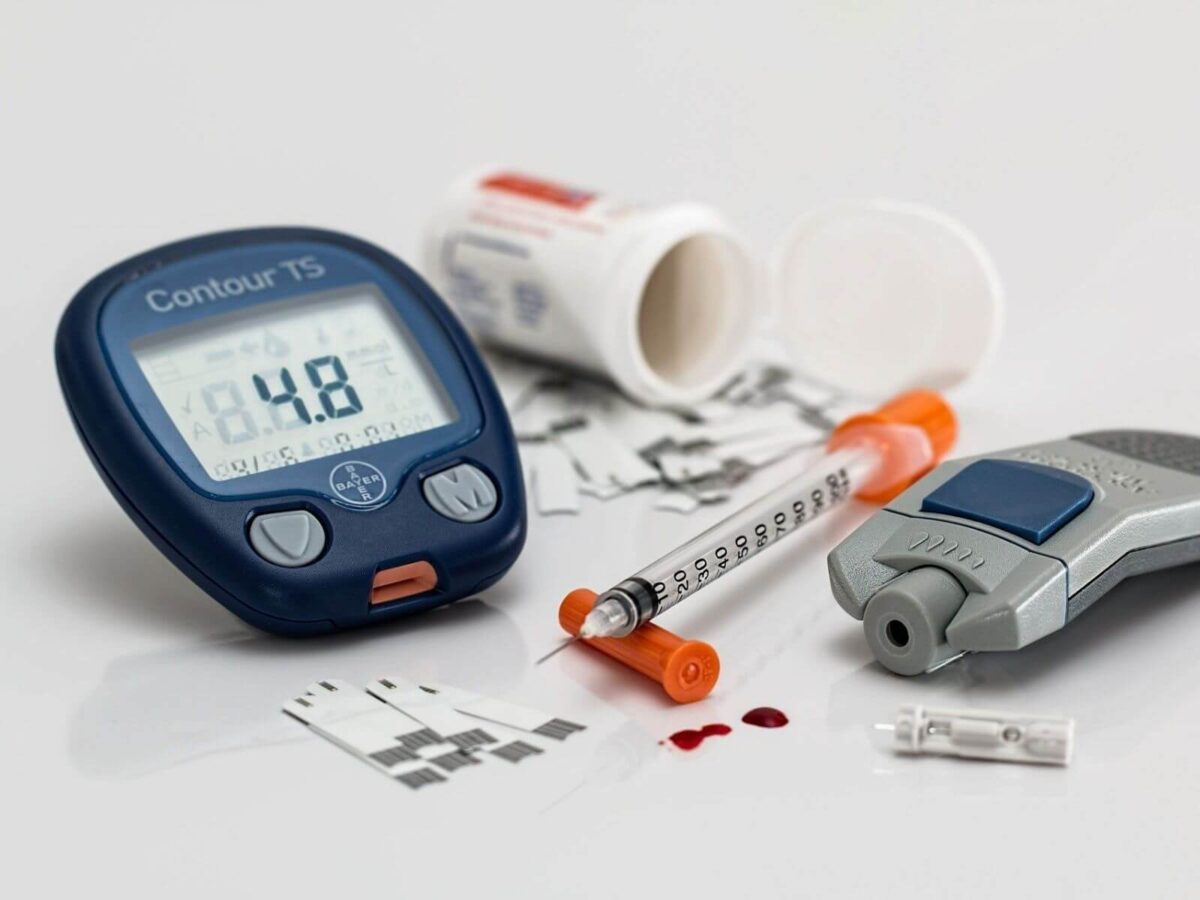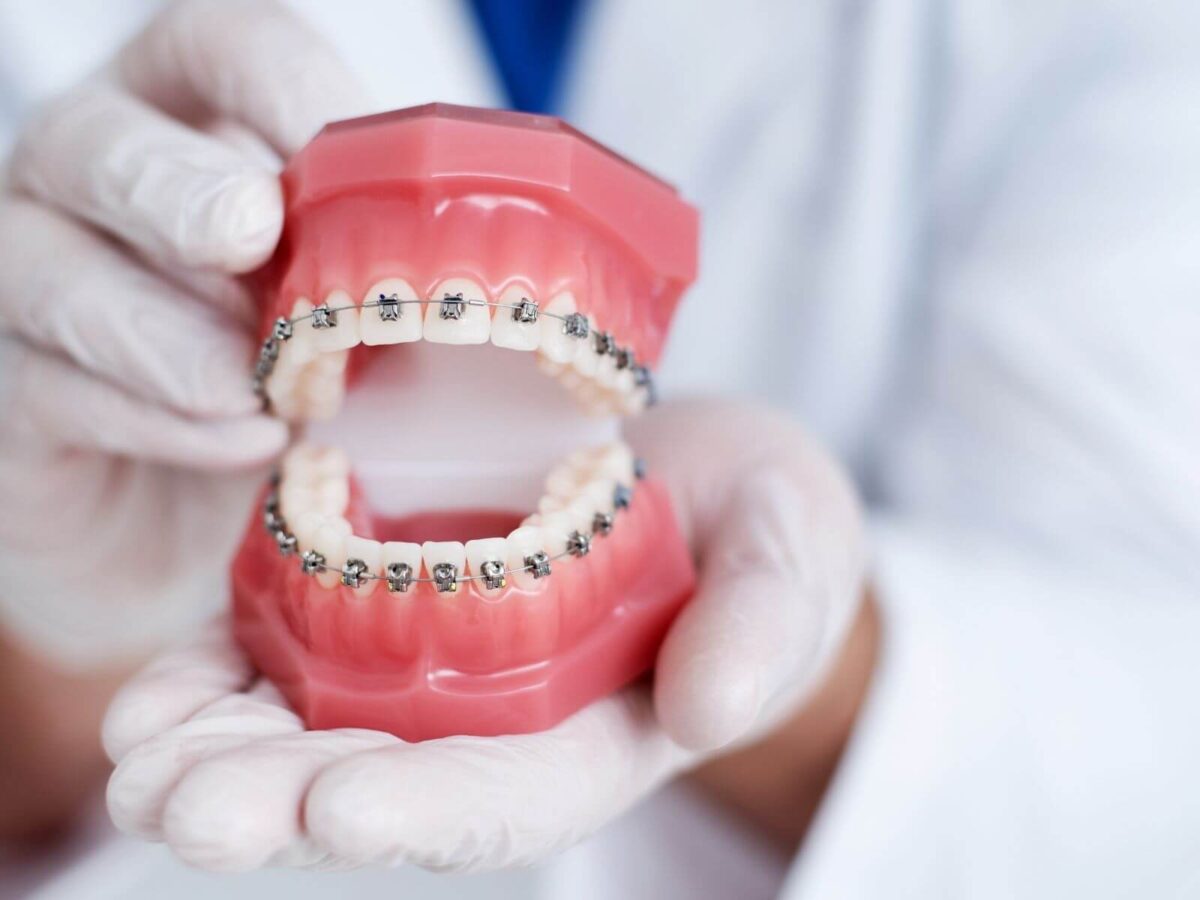A perfect smile boosts your self-confidence. Sometimes one procedure is enough, but your dentist can also suggest a combination of two or more.
This article will help you understand how dental restoration is essential to oral health. Let us explore how oral restorative procedures are not just cosmetic procedures but a necessary step for better oral care.
Dental Restoration Explained
Restoration means improvement through repairing or replacing. Dental restoration involves a series of procedures to improve your smile’s aesthetics. Some people consider natural beauty and avoid such cosmetic procedures. But, restorative dentistry procedures can improve your oral health.
Dental restoration aims to help you carry out proper oral functions. Also, it provides support to your face and jawbone. You also need such procedures if you have severe cavities, impacted teeth, or missing teeth.
You might need restorative procedures to enjoy long-lasting oral health. Your dentist can help you improve your ability to speak, eat, and chew food. Other than oral function it can also make your smile look uniform, straighter, and whiter.
Types Of Dental Restoration Procedure
You might need one or more restorative procedures depending on your oral condition. You must consult with a restorative dentist before the procedure. They will help you understand which procedures are essential for better oral health. Each procedure is important and might be necessary for cosmetic or functional reasons. Here are some top restoration procedures your dentist might suggest to improve your smile:
1. Dental Crowns
A Crown is a cap that is placed over a damaged tooth. It protects and strengthens the tooth. You need a dental crown for protection if you have a tooth with large cavities or a tooth fracture.
2. Dental Bridges
A dental bridge fills missing teeth with an artificial tooth. They can fill the space or two or more adjacent teeth, even if no healthy adjacent tooth is present. It also prevents surrounding teeth from shifting. It ensures you can chew and speak normally.
3. Dentures
Dentures are a restoration option for people with multiple missing teeth. It is an affordable way to replace missing teeth. There are two types of dentures, full and partial. Complete dentures can replace an entire arch of natural teeth. You can also get partial dentures to fill gaps in two or more adjoining teeth.
4. Root Canal Procedure
Dentists remove the damaged pulp to save an infected tooth. This part of root canal treatment helps decay or infect teeth. The dentist cleanses and disinfects, seals, and places this tooth with crowns for protection.
Dental Restorative Procedure Benefits
Restorative dentistry has many benefits. It not only involves cosmetic benefits to make your smile aesthetically pleasing. Many essential benefits like preventing future dental issues, and making teeth easier to clean. It also improves oral hygiene. And it contributes to better oral health. Here are some benefits a dental restorative might offer:
- Preventive Technique
Preventive measures such as restoration can stop oral problems from advancing. A cavity might need root canal treatment if ignored for longer. You might need dental restoration to ensure your oral health is maintained. You can address oral issues through restorative treatments in advance of severe problems. - Self-confidence
People with dental issues shy away from smiling. Once again, you can gain confidence to smile among peers. It will also help you in professional environments when your teeth function correctly and save you from embarrassment. - Supports Face Structure
Dental procedures support the jawbone and your facial structures from deterioration. If ignored, the bone later deteriorates when a tooth is lost. You can preserve bone density with dental implants and other restorative treatments. It helps in preventing excessive premature aging. - Affordability
Preventive measures to resolve oral issues can help you save money. If you address dental issues early, you can save a lot of expenses in the future. A cavity is more affordable to fill than an advanced infection requiring a root canal treatment, extraction, or spread of disease to neighboring teeth.
Conclusion
Oral health requires care and investment to last longer. With effective procedures, you can protect your oral health from many potential dental problems. You must visit your dentist regularly to improve your overall health. Dental visits can help you identify any oral problem early and provide quick treatments.
You can visit our experts at Cypress Dental Office TX, to get restorative procedures. It will make your smile appear aesthetically pleasing and will improve oral function.





